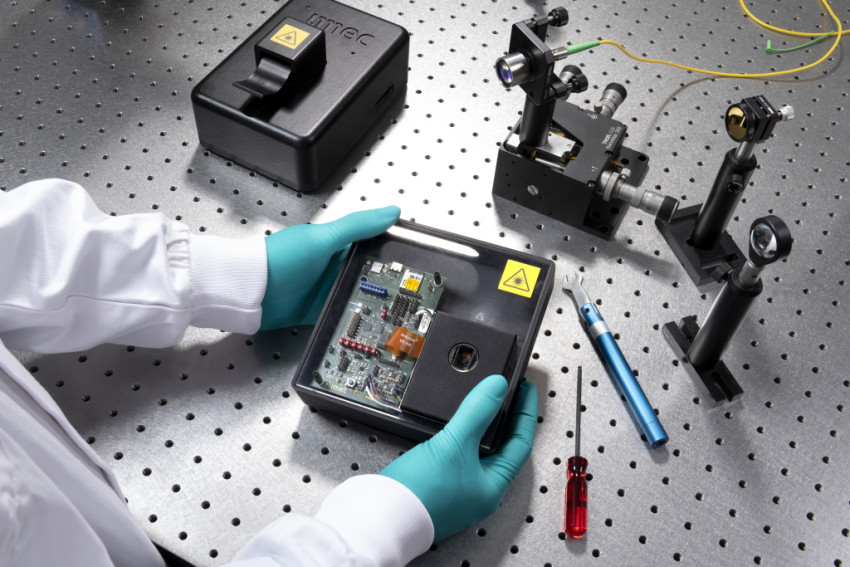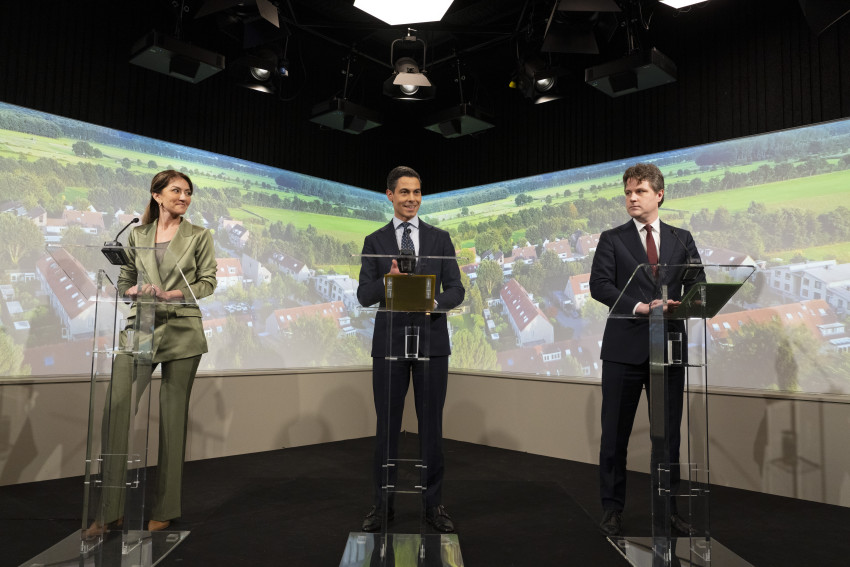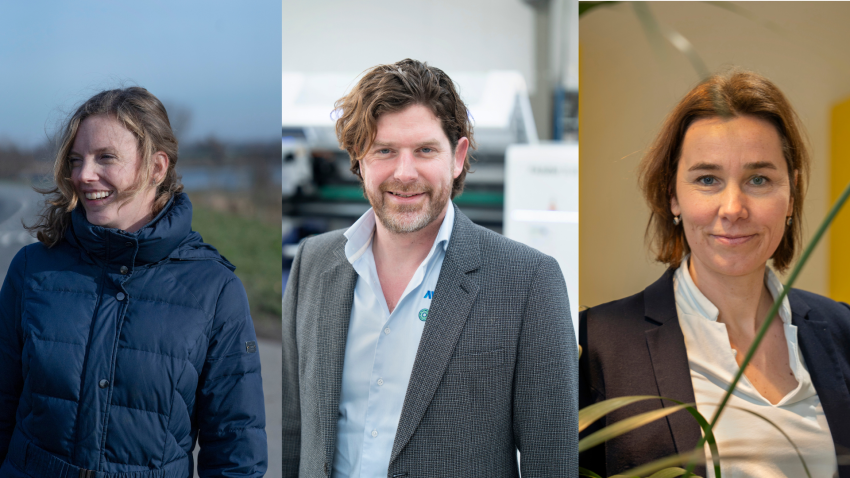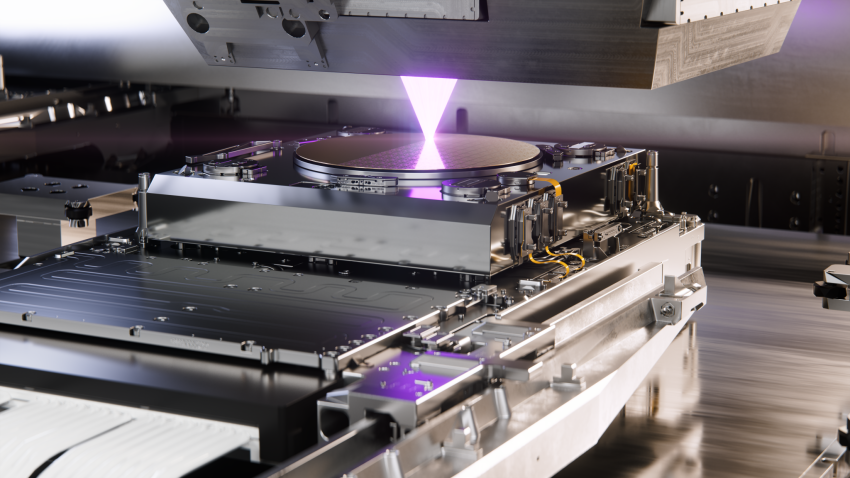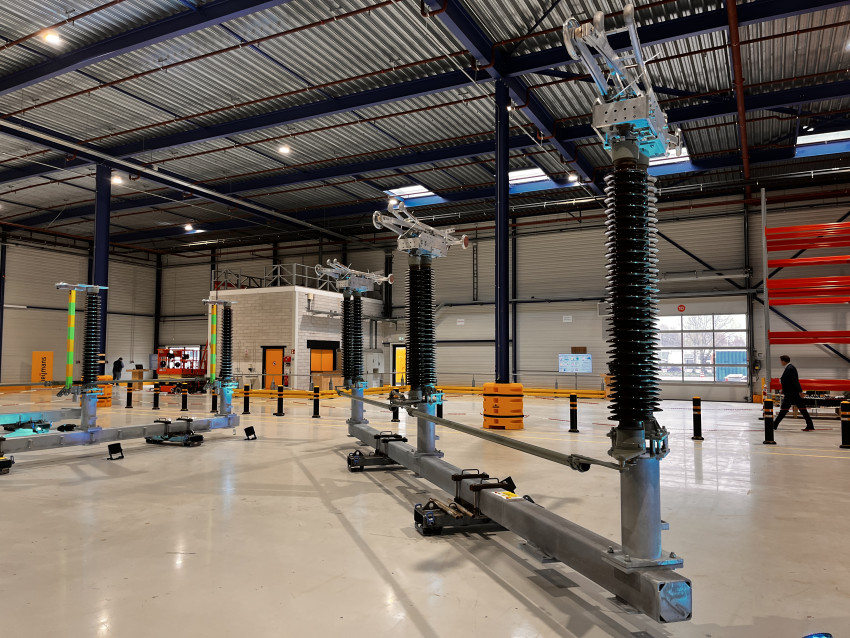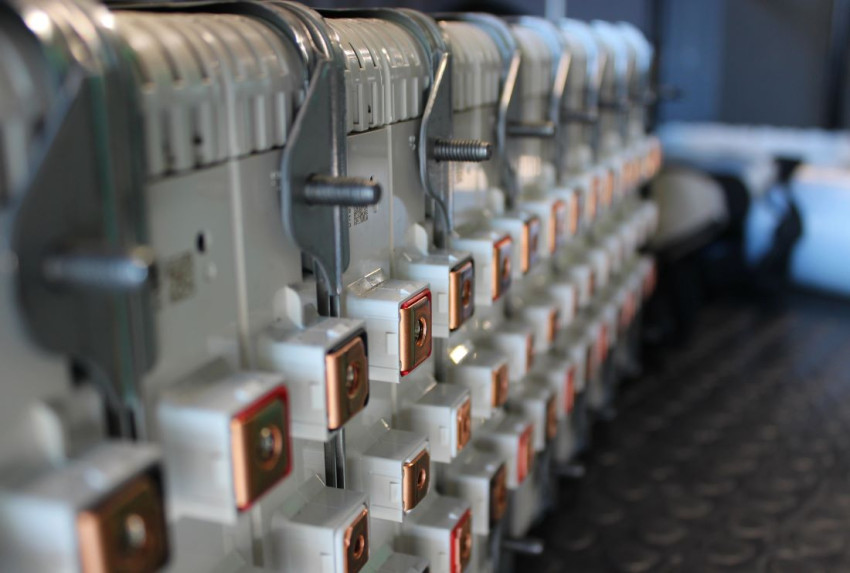
Maja Rudinac: Robo assistance at home
People who are not strong enough to walk or who may sometimes lose their way due to dementia, are at risk of becoming isolated. Maja Rudinac has developed Lea, a robot in the form of a walker. Rudinac is one of the three nominees for the Prince Friso Engineering Award.
Dr.ir. Maja Rudinac (37) gained her doctorate at the Biorobotics Lab of Delft University of Technology. She led the Interactive Robotics group at the Delft-based Robotics Institute and launched the start-ups Robot Robots Company and Robot Care Systems. Rudinac has won various innovation awards and is the driving force behind service robot Lea.
Lea (Lean Empowering Assistant) helps vulnerable people retain and regain their freedom of movement and independence. The device has many sensors aimed at facilitating walking and avoiding obstacles. In addition, it can remind forgetful users when it is time to take their medication. Dr.ir. Maja Rudinac, Director of Robot Robots Company and founder of Robot Care Systems, is the brain and the driving force behind the device.
The idea for Lea first came to Rudinac when she and her Delft-based team from the Robotic Institute spent a year touring all kinds of healthcare institutions. 'I couldn't help noticing that Parkinson's patients or the elderly who need to learn to walk again after a fall, often simply give up after a certain amount of time,' explains Rudinac. 'That got me thinking: what can my team and I do to improve their lives?'
On the market
The answer to that question is now rolling around in dozens of Dutch healthcare centres. Rudinac has not simply come up with a great design, but was also able to get the healthcare robot onto the Dutch market within four years. She founded her own robotics company for that purpose, which currently employs around 20 people.
The start-up not only provided the market with a smart walker for the healthcare sector, but also with SAM and SAM XL, autonomously driving trolleys that monitor the day-to-day situation. The company also attracted international attention with its WEpod, a minibus for autonomous passenger transport between Ede-Wageningen train station and the university campus.
Revolution
Rudinac has plenty of ambitions for the future. Most of all she would like to introduce service robots such as Lea for home use in the coming years: geared to the users' needs, easy-to-use and affordable for consumers. 'We've all been talking about robots of the future for many years, but there are few companies who actually produce such devices,' says the robotics engineer. 'It's time someone did. We've experienced a revolution in the field of internet and artificial intelligence. I believe that the next revolution will be in robotics and I hope to be able to play my part.'
The Netherlands is by no means too small for that purpose, she explains. In fact, Lea was consciously produced 100% on home ground. ‘We hope this will prove just how good the Netherlands can be in the creation of smart tech products.’
Maja Rudinac is one of the three nominees for the 2019 Prince Friso Engineering Award. Would you like to vote for the Public Award? Your vote can be cast on the KIVI voting page.
Text: Enith Vlooswijk
Photo: Inge van Mill
If you found this article interesting, subscribe for free to our weekly newsletter!

